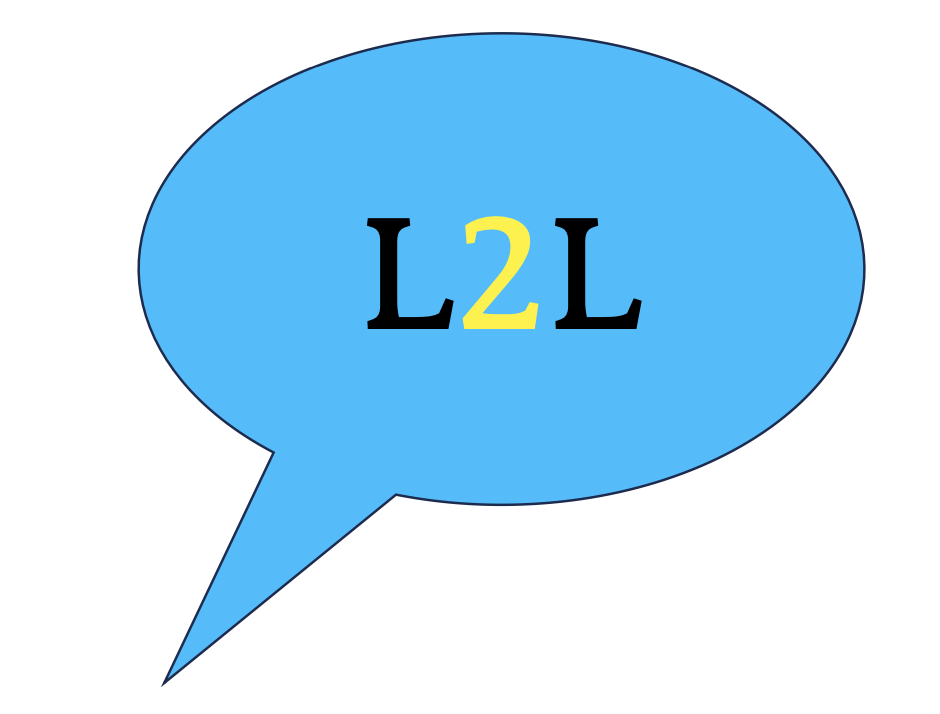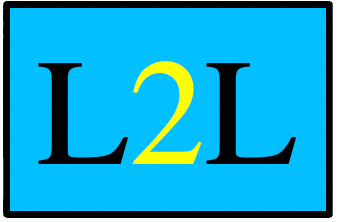Local Communities & Health Inequalities
- claredelmar
- May 20, 2022
- 2 min read

Nicola Bacon, co-founded Social Life in 2012 to develop research and community projects exploring how people are affected by changes in the built environment. She’s currently working on a community-led project focused on reducing health inequalities, which she describes in this guest blog.
Over the next year Social Life will be working with Locality, Leeds Beckett University and four local organisations in Bedford, Birmingham, Halifax and south London, to understand how community organisations can grow their work to reduce health inequalities. COVID-19 highlighted the extent and impact of health inequalities – and the difference in health outcomes between people living in different circumstances is now even greater than before the pandemic.
Our aim is to understand how projects that succeed in reducing health inequalities can be grown, copied and expanded. Social Life was set up to work on innovation and placemaking and all our work is about the relationship between people and places. We know that scaling positive ways of working will not be as simple as taking one approach and applying it in another context. The way that communities and community organisations work successfully is specific to each place, and involves complex local relationships within and between communities.
Community organisations’ work both directly and indirectly helps reduce health inequalities. By bringing people together they help to build social relationships and belonging. They reduce loneliness and isolation and increase people’s sense of agency and control. They organise activities that promote wellbeing and encourage people to exercise and socialise. Much of this centres around arts and culture – both dedicated arts projects and wider activities that have a broader cultural meaning. ‘Arts and culture’ do not have to be grandiose or connected to a notion of ‘high culture’ – we include things that go with the grain of what appeals to people, like knitting, spoken word, dancing, making or mending.
There is a strong body of research documenting the value of this work, showing how the work of community organisations, and the connecting of people with arts and culture, helps reduce health inequalities.
Over the next year we are working with four community organisations: St Paul’s Community Development Trust in Birmingham; Halifax Opportunities Trust; Pembroke House in Southwark, London; and Agency for Culture and Change Management (ACCM) in Bedford. They will work together to define what scaling up their projects could look like: possibly by becoming larger scale, by expanding to new areas or making projects longer term. Alongside community researchers, we will explore their challenges and discuss what they need to grow.
We want to understand how we can support community organisations to grow and scale this work. This involves both making the value of what they are doing more visible to agencies, funders and commissioners; and building tools and supports that help community organisations to boost health and wellbeing, and secure future funding.




